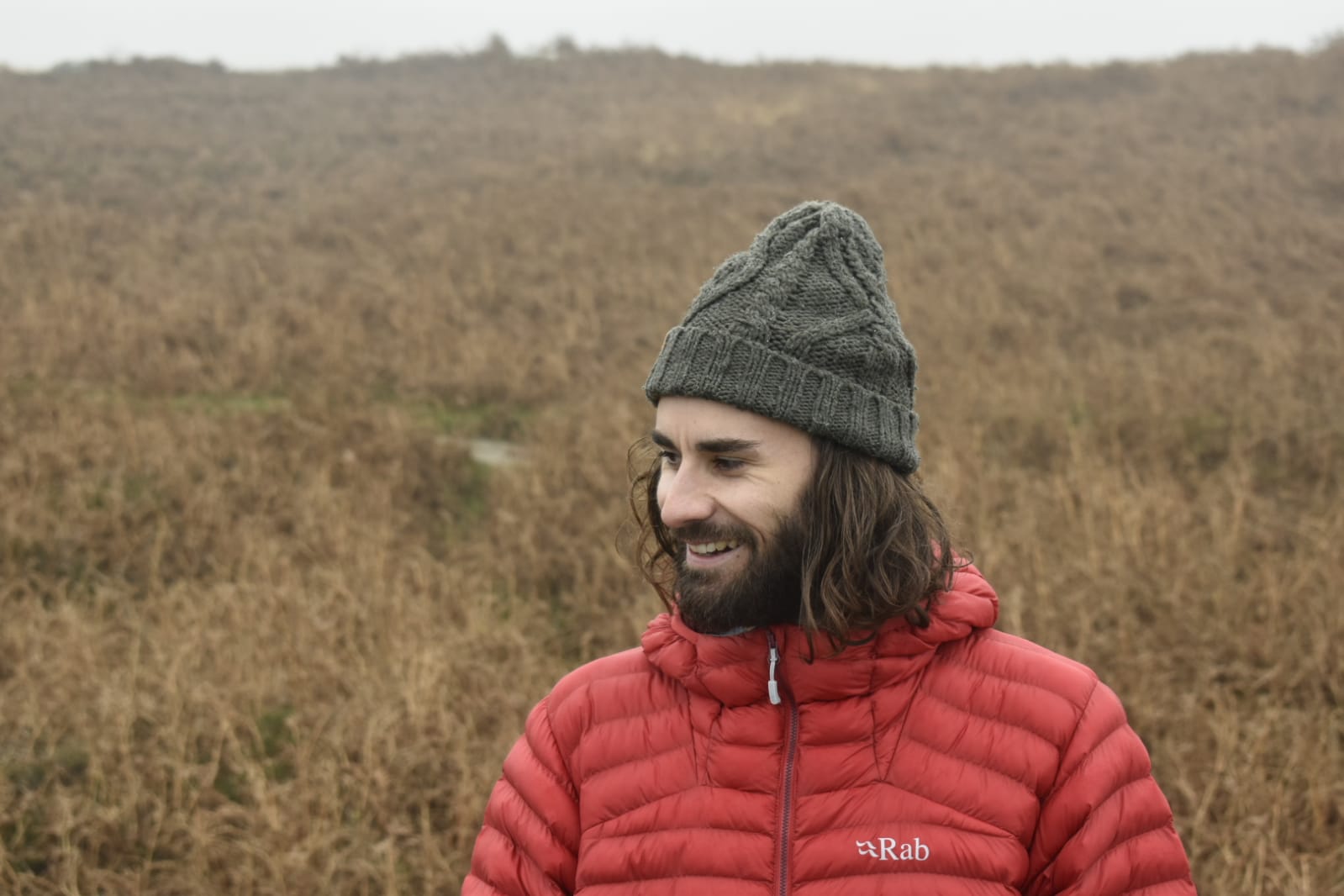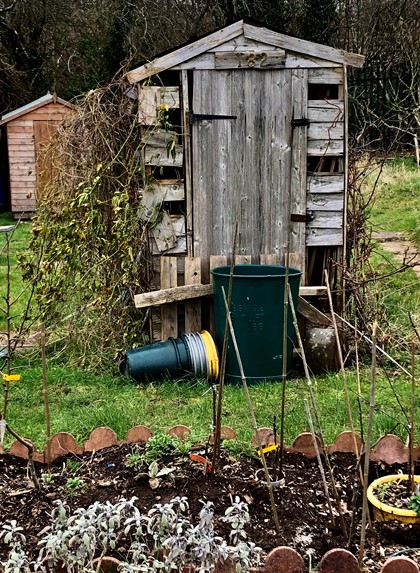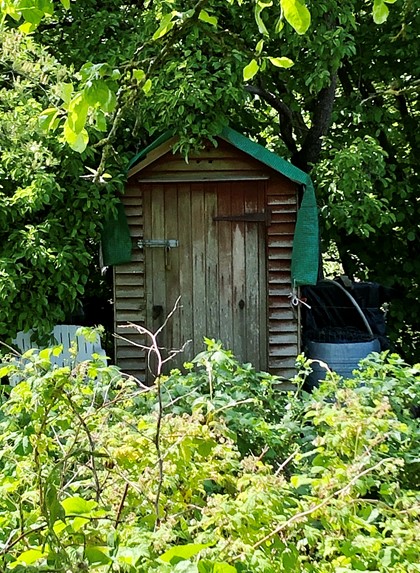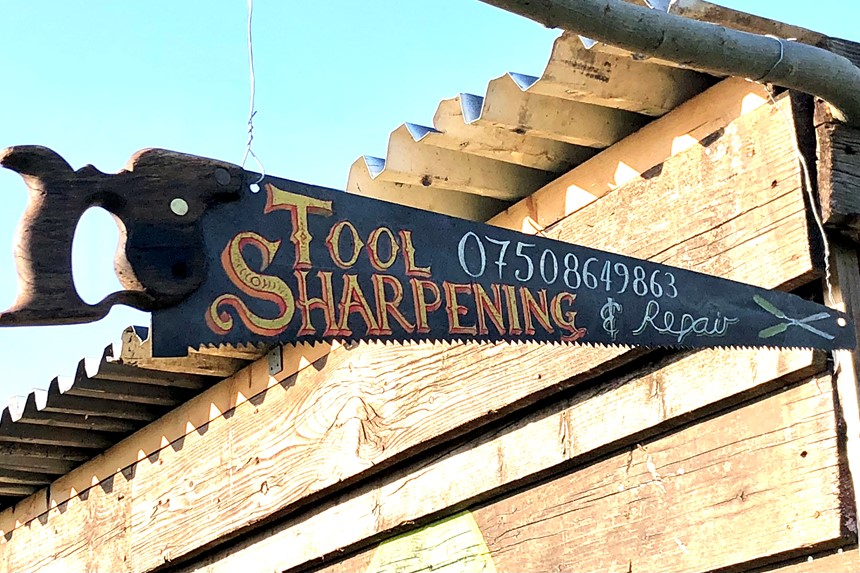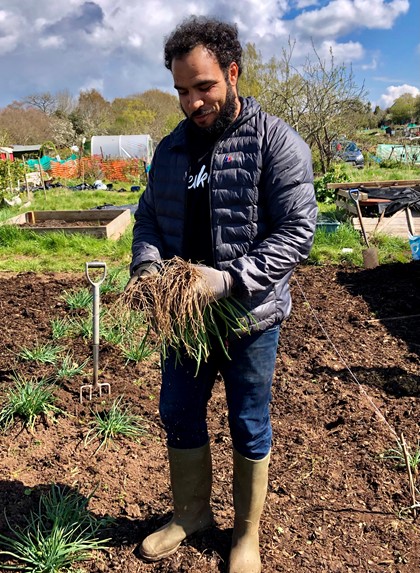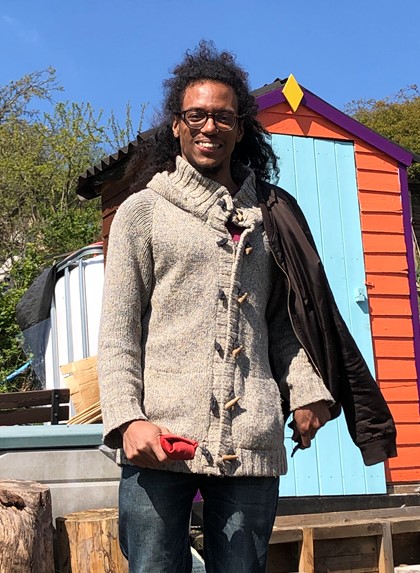In one sense the story begins in October 1939, when the British Ministry of Agriculture launched its Dig for Victory campaign. Three months before the imposition of rationing, the campaign encouraged people to grow their own food to help weather wartime supply shortages. Allotment numbers soared to around 1.75 million.
But after the war allotments dwindled. As supermarkets proliferated and urban populations grew, they increasingly became threatened with development. People from the Afro Caribbean community, many of whom had recently arrived as part of the Windrush Generation, were integral to the fight to save them - including Thingwall Park and Ashley Vale, both featured in the film.
That generation, Manu says, needed the allotments. They provided “a safe space where they could enjoy the outdoors without harassment and in safety, grow food from their own countries and celebrate their own culture without feeling looked at and judged about it.” Working land had been a central part of many of their lives; it was something they knew and needed. “It’s part of you,” says grower Phyllis Sealey in the film. “I can’t imagine life without gardening. I wouldn’t know what to do with myself to be honest!”
This need energised their activism, which in turn symbolised a commitment to allotments that has, Annie and Manu argue, gone under-appreciated. This is why, through the film, they highlight local characters like grower and activist Sam Brown, to whom Rooted in Bristol is dedicated. He owned eleven allotments until his death in August 2021, and until his final days was sharing seeds he had imported from Jamaica in the 50s. “People who knew him loved him,” Annie says. “He was really important.” Many others with Afro-Caribbean heritage have likewise been sharing seeds, growing crops, producing Caribbean recipes and living in community on the allotments for decades.

